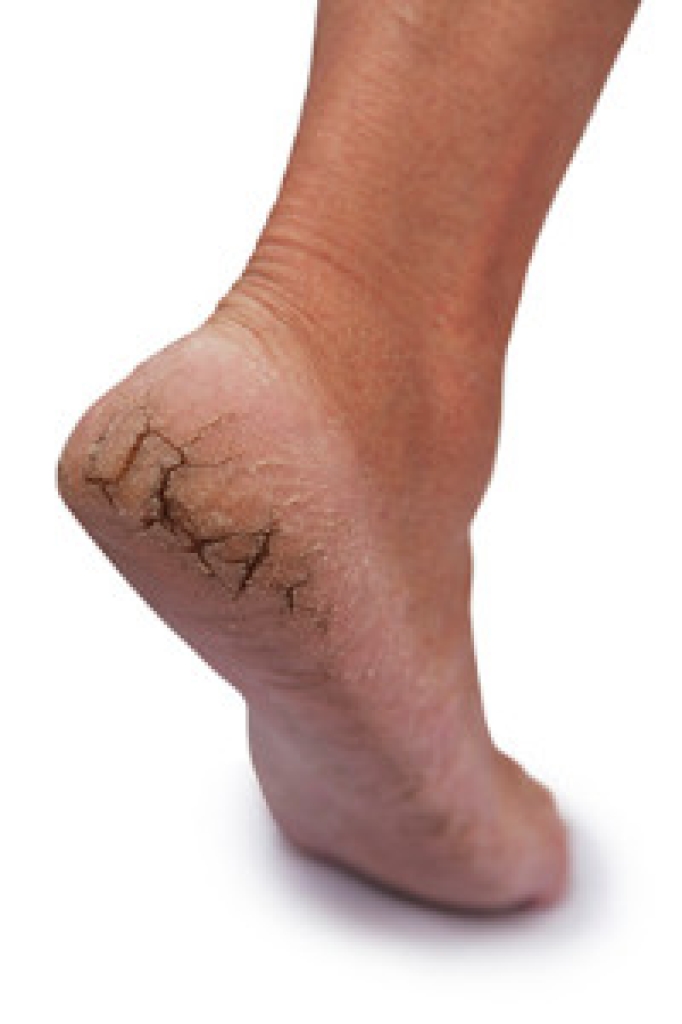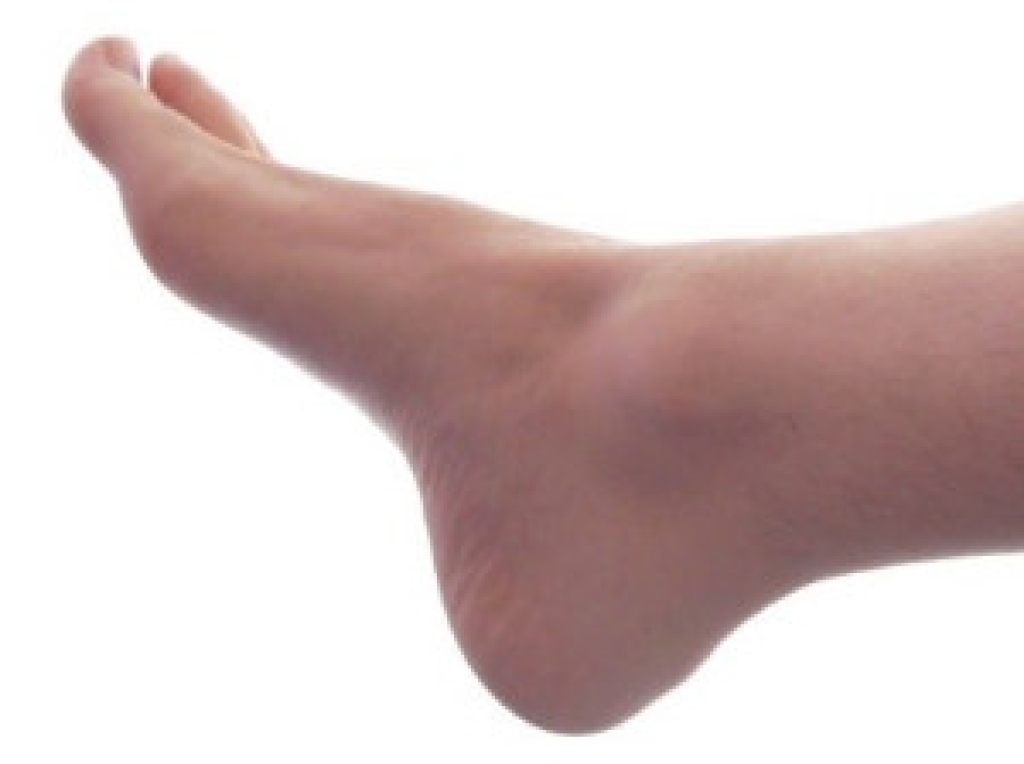 While most people spend a good amount of time making sure a new pair of shoes fits, many don’t bother trying to find a good pair of socks. There are many different types of socks, with newer, extravagant types such as synthetic socks being an excellent choice. Of course, selecting the right pair of socks depends on the activity you’ll be doing as well. Cotton socks are fine for everyday use, while synthetic or nylon socks are good for intense activities where your feet will be sweating. Wool socks are a good choice for winter hiking. Socks should be about a half-inch longer and quarter-inch wider than your foot. Be wary of the material of the sock because some materials can shrink when washed. Finally, never wear dirty socks, as this can increase the likelihood of foot fungi infecting the foot. Quality socks can prevent blister and fungi and provide comfort. When it comes to picking new socks, take your time and make sure they are right for you.
While most people spend a good amount of time making sure a new pair of shoes fits, many don’t bother trying to find a good pair of socks. There are many different types of socks, with newer, extravagant types such as synthetic socks being an excellent choice. Of course, selecting the right pair of socks depends on the activity you’ll be doing as well. Cotton socks are fine for everyday use, while synthetic or nylon socks are good for intense activities where your feet will be sweating. Wool socks are a good choice for winter hiking. Socks should be about a half-inch longer and quarter-inch wider than your foot. Be wary of the material of the sock because some materials can shrink when washed. Finally, never wear dirty socks, as this can increase the likelihood of foot fungi infecting the foot. Quality socks can prevent blister and fungi and provide comfort. When it comes to picking new socks, take your time and make sure they are right for you.
Getting the right shoe size is an important part of proper foot health. Seek the assistance of one of our podiatrists from APEX Foot & Ankle Center. Our doctors will provide the care you need to keep you pain-free and on your feet.
Getting the Right Shoe Size
There are many people who wear shoes that are the incorrect size, negatively affecting their feet and posture. Selecting the right shoes is not a difficult process, so long as you keep several things in mind when it comes to choosing the right pair.
- When visiting the shoe store, use the tools available to measure your foot.
- Be sure there is ‘wiggle room’. There should be about an inch between your toes and the tip of your shoes.
- Do not always assume you are the same size, as manufacturers run differently.
- Purchase shoes later in the day, as your feet swell as the day progresses.
- If a shoe is not comfortable, it is not suitable. Most shoes can’t be ‘broken in’, and comfort should be the ultimate goal when it comes to choosing the right pair of shoes
As our feet hold our body weight and keep us moving, it is important to treat them right. Picking the right pair of shoes can provide your feet comfort and mobility without pain.
If you have any questions, please feel free to contact our offices located in Fort Myers, Shellpoint, and Naples, FL . We offer the newest diagnostic and treatment technologies for all your foot care needs.
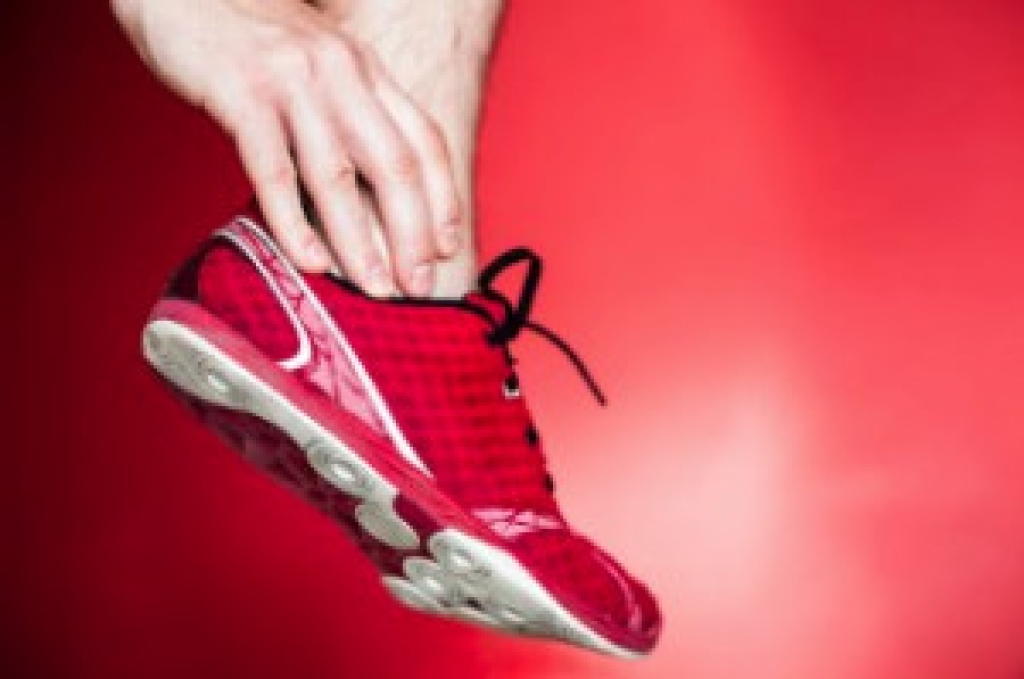
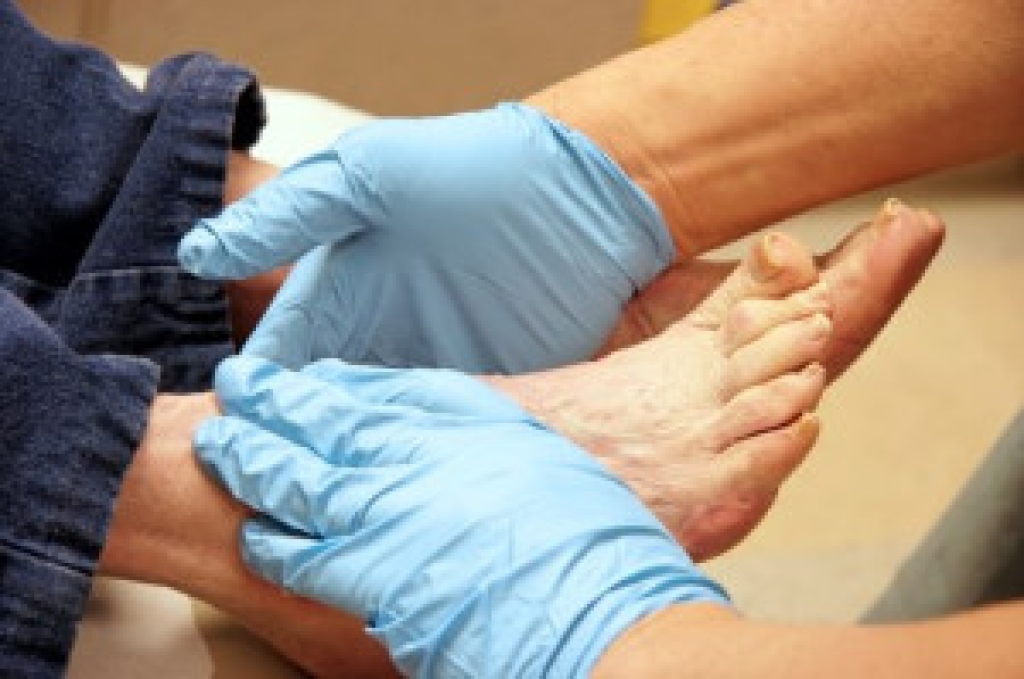
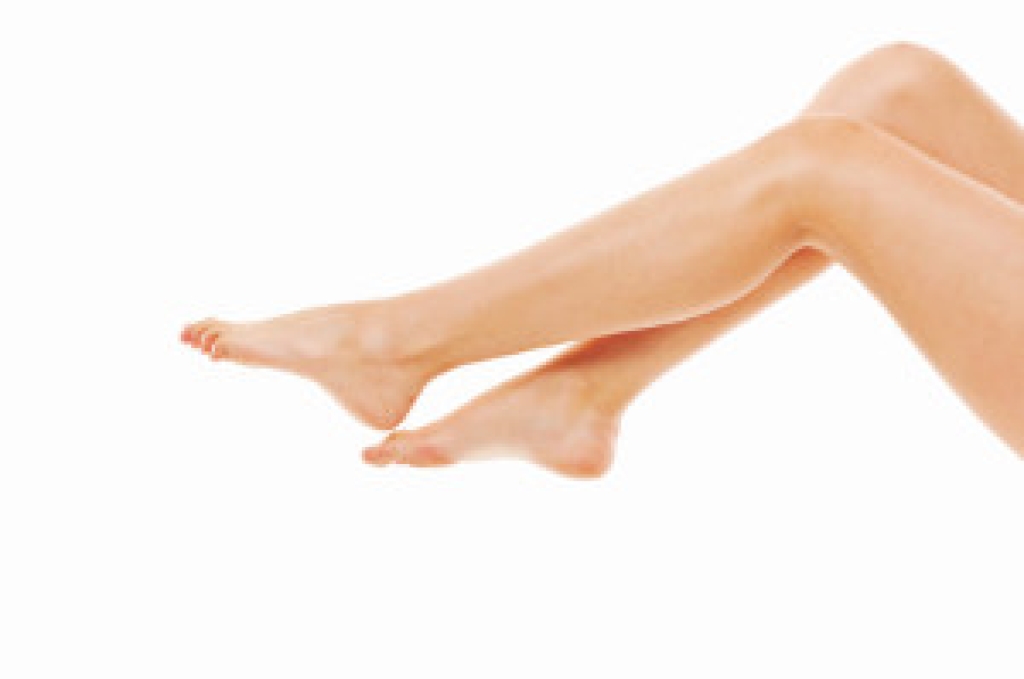 Ingrown toenails
Ingrown toenails